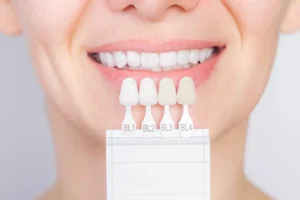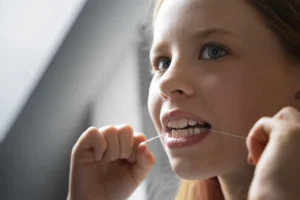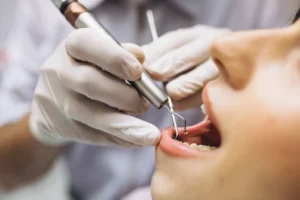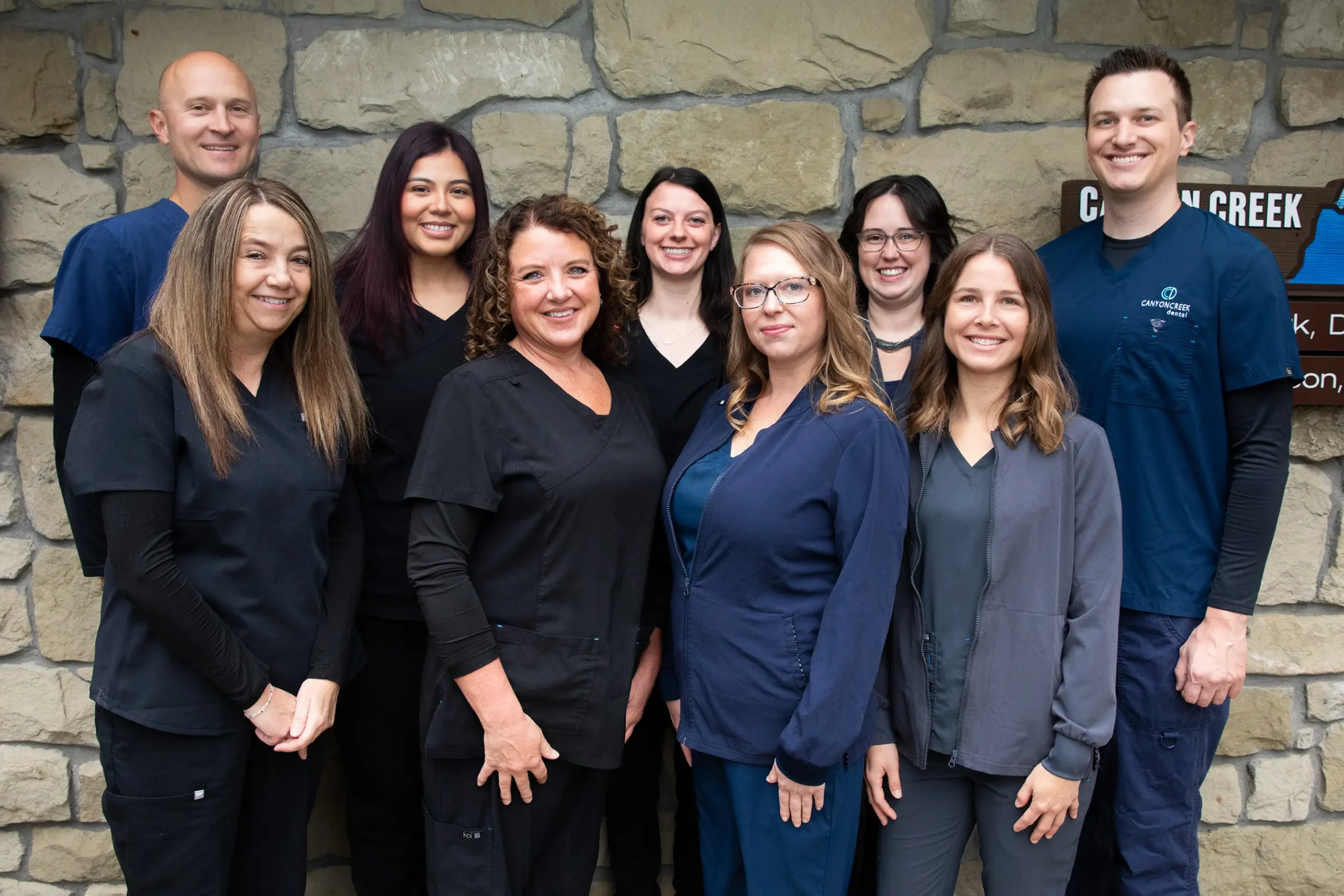Table of Contents
January 1st marks the beginning of healthy resolutions for many. While ringing in the New Year with a toast is a tradition, it’s no surprise that this day is often referred to as National Hangover Day due to all the New Year’s Eve celebrations. While alcohol can make festivities enjoyable, like sugar, it should be consumed in moderation to protect your teeth and overall health.
New Year’s Resolutions for a Healthier Smile
To start the year on the right foot, we recommend incorporating the following oral health goals into your resolutions:
- Indulge in Fruits and Vegetables
Eating plenty of fresh fruits and vegetables not only boosts your immune system but also helps protect against periodontal (gum) disease. Nutrient-rich foods are your best allies in promoting better oral health. - Quit Tobacco Use
Make this the year you quit smoking! Did you know smokers are almost twice as likely to lose their teeth as non-smokers? This resolution will significantly improve your oral and overall health. - Brush and Floss Daily
Brush at least twice a day and floss once daily. Flossing reaches between the teeth and below the gumline, preventing plaque buildup and keeping your gums healthy. - Visit Your Dentist Regularly
Schedule dental checkups at least twice a year to catch potential problems before they progress. Preventive care is key to maintaining a healthy smile.
Why Is Alcohol Bad for My Teeth?
When you consume alcohol, it can negatively affect your oral health in several ways. Especially when mixed with sugary sodas or energy drinks, it creates an acidic environment in your mouth, leading to enamel erosion, tooth decay, and gum disease. Much like sugar, alcohol feeds the harmful bacteria in your mouth, which quickly form dental plaque and produce enamel-eroding acids.
Occasional drinking, like occasional sweets, won’t damage your teeth if you maintain good oral hygiene. However, frequent drinking increases the risk of tooth enamel damage. It can also dehydrate your body, leading to reduced saliva production, which is vital for neutralizing acids in your mouth. Without sufficient saliva, your teeth are more vulnerable to decay, sensitivity, and even oral infections.
How Alcohol Affects Your Gums
If you frequently consume alcohol, you’re at a higher risk of gum disease. Alcohol promotes the buildup of dental plaque around your gums, leading to irritation, inflammation, and infection. For those already dealing with gum disease, alcohol can worsen the condition by slowing the healing process of gum tissues.
Additionally, chronic alcohol consumption is the second-largest risk factor for oral cancer. It can lead to cancer in the lips, cheeks, tongue, and sinuses. Regular dental checkups at Canyon Creek Dental allow for early detection of oral cancer, increasing the chances of successful treatment.
Healthy Resolutions for the New Year
As the new year begins, limiting your alcohol intake to special occasions can significantly protect your teeth and gums. By taking steps to care for your oral health, you can enjoy a brighter, healthier smile. Canyon Creek Dental applauds your commitment to reducing alcohol consumption and prioritizing your oral health. Call us today to schedule your next dental visit!




